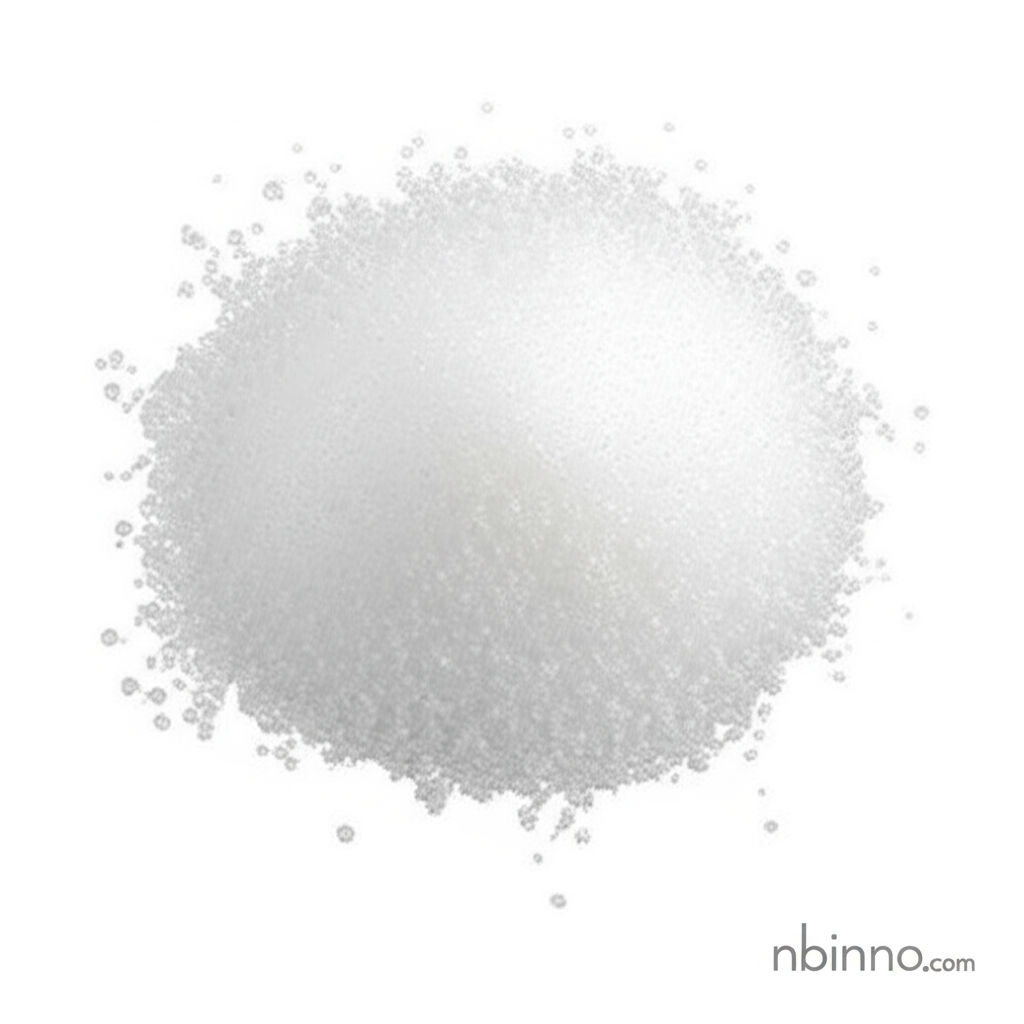Gemcitabine Hydrochloride: A Powerful DNA Synthesis Inhibitor for Cancer Therapy
Explore the critical role of Gemcitabine Hydrochloride in modern oncology and its impact on cancer treatment.
Get a Quote & SampleProduct Core Value

Gemcitabine Hydrochloride
Gemcitabine Hydrochloride is a vital chemotherapeutic agent recognized for its potent ability to inhibit DNA synthesis. Its mechanism involves interfering with essential enzymes like ribonucleotide reductase and direct incorporation into DNA, ultimately leading to cancer cell death. This makes it a cornerstone in the treatment of various malignancies.
- Discover the precise mechanism of action of Gemcitabine Hydrochloride in disrupting cancer cell replication.
- Understand the key applications of Gemcitabine Hydrochloride for pancreatic cancer and other advanced tumors.
- Learn about the pharmacokinetics and potential drug interactions associated with Gemcitabine Hydrochloride therapy.
- Explore the extensive safety profile and management of side effects related to Gemcitabine Hydrochloride.
Advantages of Gemcitabine Hydrochloride
Broad-Spectrum Efficacy
Gemcitabine Hydrochloride demonstrates significant antitumor activity across a range of cancers, including pancreatic, lung, bladder, ovarian, and breast cancers, highlighting its versatility in oncological treatments.
Targeted DNA Synthesis Inhibition
Its unique mechanism of inhibiting DNA synthesis by depleting deoxyribonucleotides and terminating DNA chains offers a targeted approach to combating cancerous cell proliferation.
Synergistic Treatment Options
Gemcitabine Hydrochloride is frequently used in combination regimens, enhancing therapeutic outcomes and improving response rates in patients undergoing complex cancer treatment protocols.
Key Applications
Pancreatic Cancer Treatment
Gemcitabine Hydrochloride is a primary treatment for advanced or metastatic pancreatic cancer, offering improved clinical benefit and survival rates compared to other therapies.
Non-Small Cell Lung Cancer (NSCLC)
It is utilized in first-line treatment for advanced or metastatic NSCLC, both as monotherapy for select patients and in combination with cisplatin for enhanced efficacy.
Ovarian Carcinoma Management
In patients with relapsed ovarian carcinoma, Gemcitabine Hydrochloride in combination with carboplatin significantly improves progression-free survival.
Breast Cancer Therapy
For patients with metastatic or locally recurrent breast cancer post-adjuvant/neoadjuvant chemotherapy, Gemcitabine Hydrochloride combined with paclitaxel shows improved progression-free survival and overall response rates.
